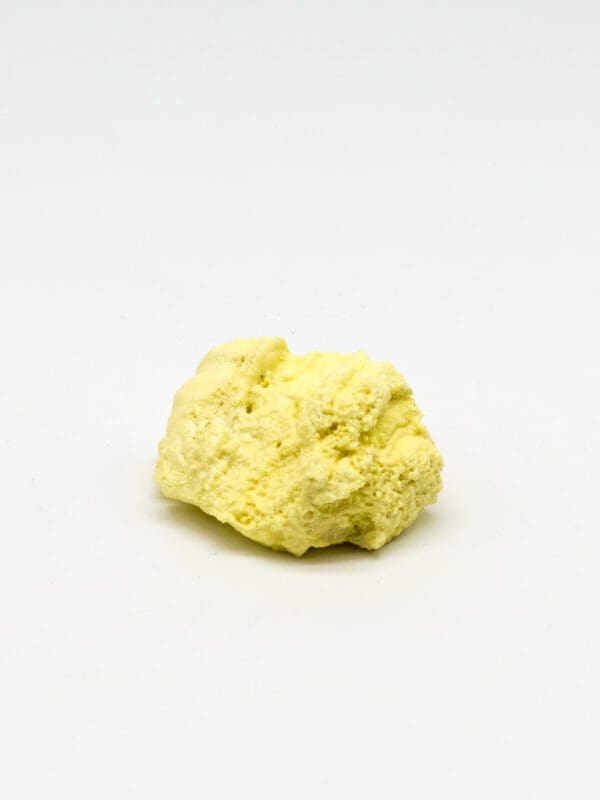Sulfur: A Key Element in Geology and Earth Science
Sulfur is a chemical element with the symbol S and atomic number 16. It is a bright yellow, brittle solid at room temperature and has a distinctive, pungent smell. Sulfur is a key element in geology and earth science, and it plays a vital role in a wide range of geological processes.
In geology, sulfur is most commonly found in the form of sulfides, which are minerals containing sulfur and one or more other elements. Some common sulfide minerals include pyrite (iron sulfide), chalcopyrite (copper-iron sulfide), and sphalerite (zinc sulfide). Sulfides are important ore minerals and are often mined for the metals they contain.
Sulfur is also found in the form of sulfur dioxide (SO2) in the Earth’s atmosphere. It is a major contributor to air pollution and can have negative effects on human health, but it also plays an important role in the Earth’s climate. Sulfur dioxide is a greenhouse gas that traps heat in the atmosphere, and it can also contribute to the formation of clouds and precipitation.
In addition to its presence in the Earth’s crust and atmosphere, sulfur is also an important element in the Earth’s hydrosphere. It is found in a variety of water-soluble compounds, such as sulfates and sulfites, which can be dissolved in water and transported through the water cycle. Sulfur is also a key component of some amino acids, which are the building blocks of proteins.
Sulfur has a long history in human society and has been used for a variety of purposes over the centuries. It has been used as a medicinal compound, a fumigant, and a preservative. It has also been used as a pigment in paints and dyes and as a component of gunpowder.
One of the most significant uses of sulfur in modern times is in the production of sulfuric acid. Sulfuric acid is a strong acid that is widely used in the chemical industry, and it is an important component of fertilizers, detergents, and other products.
In geology, sulfur has a number of important applications. It is used to identify the presence of certain minerals and to determine their chemical composition. Sulfur isotopes can be used to study the Earth’s geochemical cycles and to understand the Earth’s history. Sulfur can also be used to determine the age of rocks and minerals through a process called sulfur-isotope geochronology.
Sulfur is a vital element in the study of geology and earth science, and it plays a central role in many important geological processes. Its presence in the Earth’s crust, atmosphere, and hydrosphere makes it a key element to understand and study. From its use in the production of sulfuric acid to its role in the Earth’s climate and water cycle, sulfur is an essential element that has had a significant impact on the Earth and on human society.

